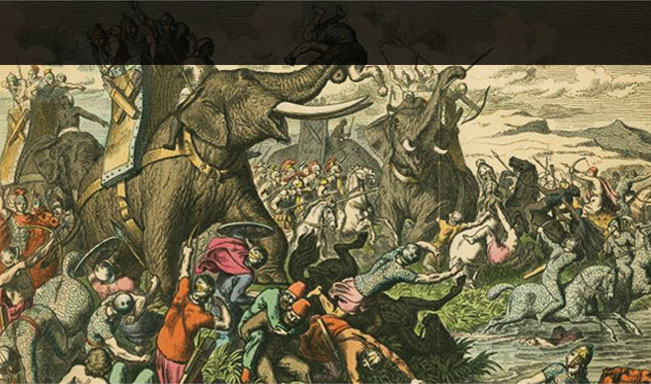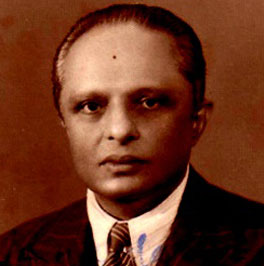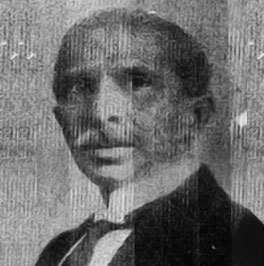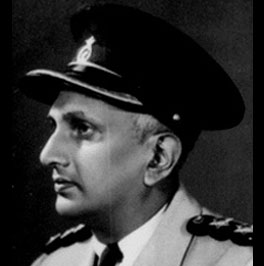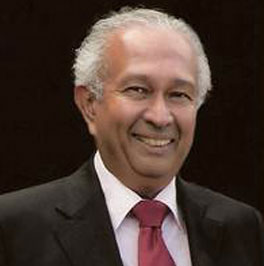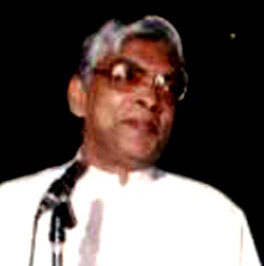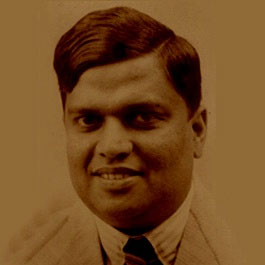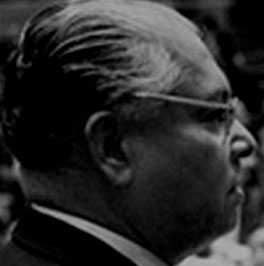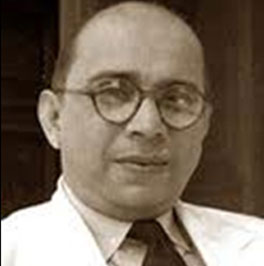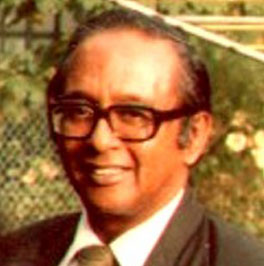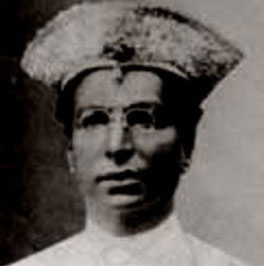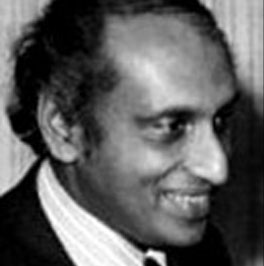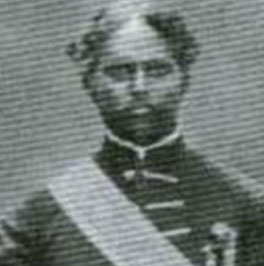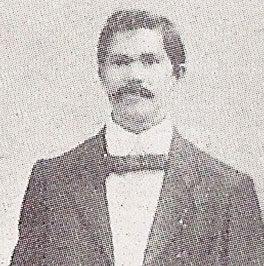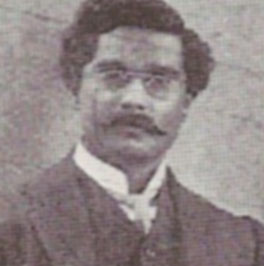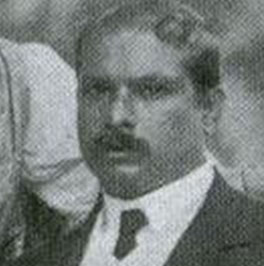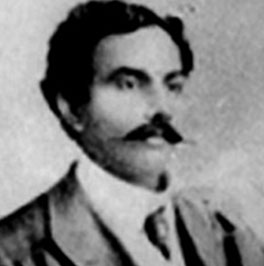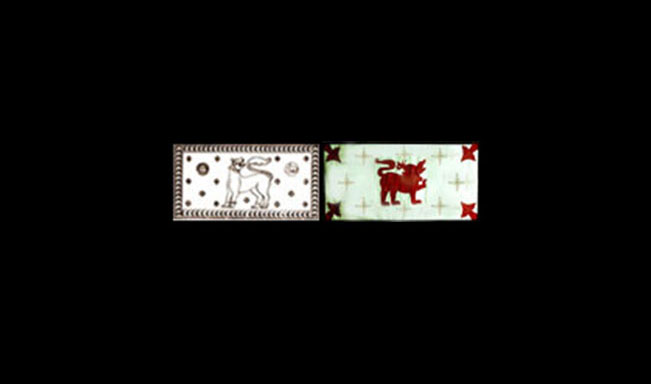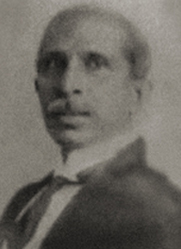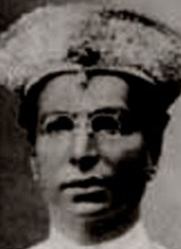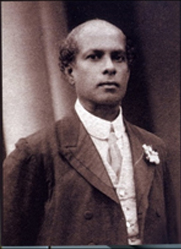In the latter part of the 19th Century and the early 20th Century, the Ceylonese required greater leadership to press for respect for their rights and independence from British colonialism. It is in this context, that the Chilaw Association, formed and led by brothers, C. E. Corea and C. E. Victor S. Corea came to be a significant feature in the struggle of the Ceylonese against certain British policies that were harmful to the people of Ceylon, including the infamous Wastelands Ordinance of 1897. Elder brother, C. E. Corea was a Proctor and younger brother, Victor Corea was an Advocate. Both held office as Members of the Legislative Council of Ceylon. A third brother, James Alfred Ernest Corea who was a medical doctor by profession was also involved in the Chilaw Association and functioned as its Honorary Secretary.
K. M. De Silva says with reference to British Colonial times, that many Sinhalese entrepreneurs who made their way into the political arena, “Showed themselves to be very conservative in outlook, deeply appreciative of the British connection and quite concerned not to stir up the sort of agitation that had erupted in parts of British India”.
According to De Silva, “The only venturesome and articulate political organization among the Sinhalese was a regional body, the Chilaw Association, composed largely of wealthy landowners, organized and led by the Corea brothers. The impetus to its formation stemmed from an agitation to have the west coast railway link extended from Negombo to Chilaw and Puttalam in the north-west, the heart of the coconut triangle, where plantation agriculture was dominated by the Sri Lanka elite. The association spearheaded opposition to the Wastelands Ordinance of 1897, the avowed purpose of this campaign being the defence of the interests of the Sinhalese peasants against what were regarded as the reprehensible features of this item of legislation.
More important, unlike the moribund Ceylon National Association, it made political agitation the central feature of its activities in its attempt to focus attention on the need to introduce the elective principle for the representation of native interests in the Legislative Council.”
The Chilaw Association marked the mobilisation of political agitation as a means to secure the rights of the natives of Ceylon.
In his chapter on ‘Political Change in the Early Twentieth Century’ in his book ‘A History of Sri Lanka’, K. M. De Silva records as follows:
“‘It is useless to hope to get political privileges without our first agitating for them’, a local newspaper, the Ceylon Morning Leader, declared in its issue of 13 June 1908. It added: ‘Even in England the people did not earn their enviable privileges by sitting quiet.’ A Sri Lankan who had pressed the subject of constitutional reform on an official in Whitehall had received the blunt reply ‘Why don’t you agitate for it? The political history of England has been one long series of agitations.’ But the only national political organization, the Ceylon National Association, was by this time nearly moribund. Nothing at all in the form of political agitation was possible with it, yet at the same time nothing could be achieved without it unless a newer and more energetic association were to emerge to fill the gap. The only other political bodies were either communal (that is, ethnic) ones like the Dutch Burgher Union and the Jaffna Association, which was also a regional body like the Chilaw Association, or commercial groups like the Low-Country Products Association and the Plumbago Merchants Union. Most of these were politically conservative and not inclined to lead an agitation for reform. The Jaffna Association and the Chilaw Association, especially the latter, were more liberal in outlook and not afraid to venture into political agitation.”
As De Silva notes, regional organisations were not a substitute for a genuine national organisation which was needed. The Temperance Movement which emerged later, was more broad-based and national (as opposed to regional) in character.
However, the role of the Chilaw Association and the struggles of its leaders, brothers C. E. Corea and C. E. Victor S. Corea (who used their positions, education and personal wealth to fight for the rights of their native fellow countrymen) form an important part of the history of the struggle for independence.
Memorial by the Chilaw Association (1909) to the Earl of Crewe, Principal Secretary of Colonies
The Sessional Papers of the Ceylon Legislative Council published in 1910, include a Memorial by the Chilaw Association, forwarded on 5th May 1909 by its Secretary, Jas. A. Ernest Corea, to be transmitted through the Governor to the Rt. Hon. Earl of Crewe, Principal Secretary of Colonies. This was one of several measures taken by the Chilaw Association in its quest to seek due recognition and respect for the rights of the local citizenry of the island.
The Memorial points out to the Secretary of Colonies, amongst other things, that the Sinhalese inhabitants of Ceylon as a nation, have traditionally enjoyed far greater democracy than what was being allowed by the British through the Constitution of Ceylon. It emphasizes that the failure to enable the native citizenry of Ceylon to elect its leadership has resulted in unfair and unacceptable laws. Special mention is made of the Waste Lands Ordinance, in emphasising the injustices perpetrated by laws promulgated by an unelected legislature. A case is made out for Constitutional reform to enable the people of Ceylon to elect their own leaders and a formula is presented for the grant of the (then denied) right of franchise to the people.
The communication dated 24th December 1909 by Rt. Hon. Earl of Crewe, Principal Secretary of Colonies to the Governor of Ceylon on receipt of the Memorial by the Chilaw Association through the Governor along with two others (by the Ceylon National Association and Jaffna Association) is published at the end. The Principal Secretary of Colonies in his response, fails to accede to the requests of the three associations, without fuller engagement of the several issues set out by them.
Here is the Memorial (5th May 1909) of the Chilaw Association and the communication of the Principal Secretary of Colonies (24th December 1909), which was part of the published "Despatches relating to the Constitution of the Ceylon Legislative Council, 1910"





More information and material on the Chilaw Association will be added to this page from time to time, after necessary verification. All pages of the site are subject to updates/addition of material from time to time.
